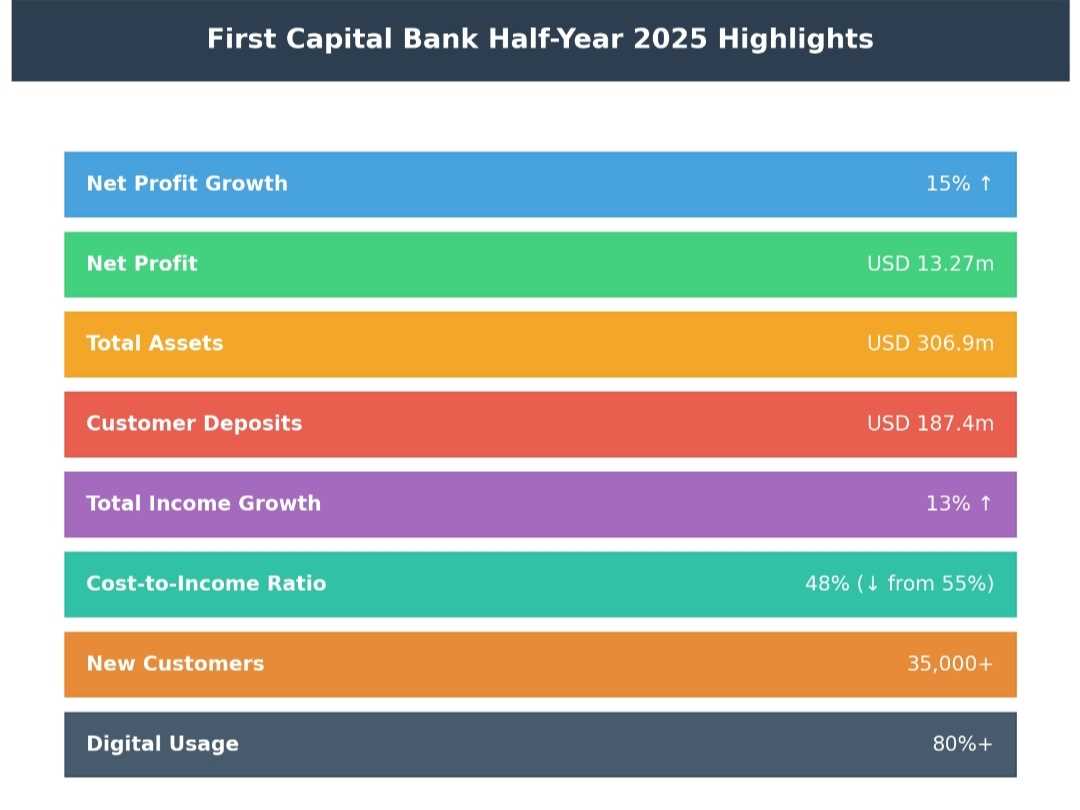
Bridget Mabanda
The University of Zimbabwe - in partnership with other institutions of higher learning - will host the World Philosophy Day Conference from November 17-18.
Under this year’s theme “Philosophical Reflections on Pandemics and Women in Africa,” the conference will bring together philosophers, scientists and scholars in various fields from around the country for dialogues on different pandemics that affect women.
Tauya Chinama, the spokesperson for the steering committee which organises the World Philosophy Day in Zimbabwe, told Zimbabwe Now that the platform will be an exchange of ideas.
“We are trying to share knowledge as academics on how women have been affected by different pandemics. When people hear the word pandemic, they think of Covid-19 but Gender Based Violence is also a pandemic, and so is Gender Inequality. Actually there are a lot of pandemics which also include emotional pandemic and psychological pandemics,” he said.
He indicated that the event was co-organised by Great Zimbabwe University, Catholic University of Zimbabwe, Chishawasha Major Seminary, Arrupe Jesuit University, University of Zimbabwe, as well as University of Zambia with the financial support from Humbolt Research Hub at the University of Zimbabwe.
Acknowledging the value of philosophy and in relation to the celebrations of the day, Chinama said Philosophy helps people to challenge things.
“Philosophy helps us to challenge already established formulas and status quos so that we come up with new ideas, new inventions, new products, and services.
Related Stories
“In relation to the tertiary education policy in Zimbabwe (5.0) innovation is driven by philosophy because one of the key terms of philosophy is critical thinking and questioning hence when it comes to the subject, there is no sacred cow, no sacred question which cannot be asked,” he said.
World Philosophy Day has been celebrated since 2019 in Zimbabwe.
By celebrating World Philosophy Day each year, on the third Thursday of November, Educational, Scientific, and Cultural organization of the United Nations (UNESCO) underline the enduring value of philosophy for the development of human thought, for each culture and for each individual. UNESCO has always been closely linked to philosophy, not speculative or normative philosophy, but critical questioning which enables it to give meaning to life and action in the international context.
World Philosophy Day was established in 2005 by UNESCO.
UNESCO's General Conference was convinced that "the institutionalisation of Philosophy Day at UNESCO as 'World Philosophy Day' would win recognition for and give strong impetus to philosophy and, in particular, to the teaching of philosophy in the world".
Created by the UNESCO, World Philosophy Day celebrates “the enduring value of philosophy for the development of human thought, for each culture and for each individual.” UNESCO says:
Philosophy is an inspiring discipline as well as an everyday practice that can transform societies. By enabling to discover the diversity of the intellectual currents in the world, philosophy stimulates intercultural dialogue.
By awakening minds to the exercise of thinking and the reasoned confrontation of opinions, philosophy helps to build a more tolerant, more respectful society. It thus helps to understand and respond to major contemporary challenges by creating the intellectual conditions for change.




















Leave Comments